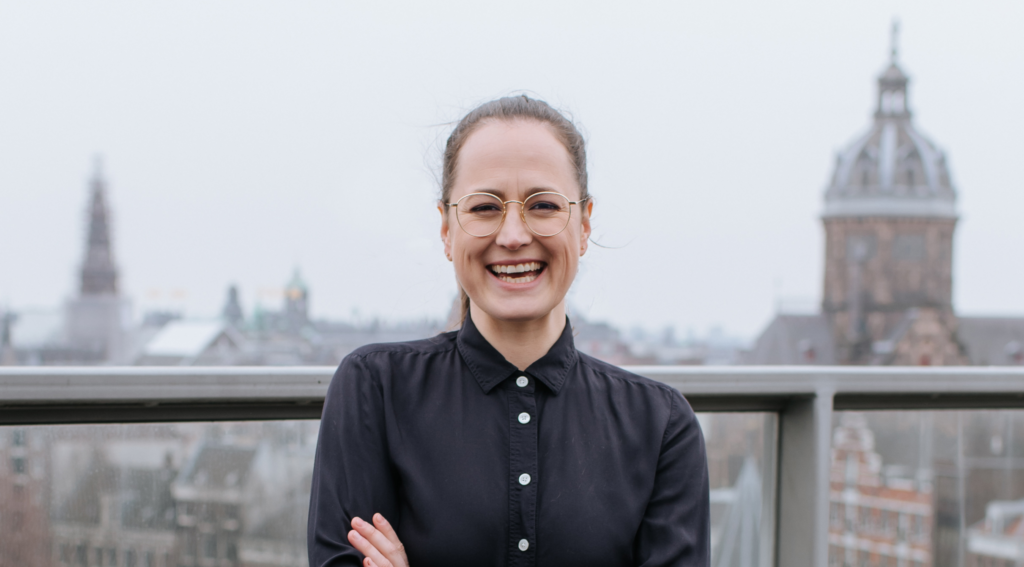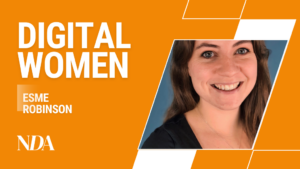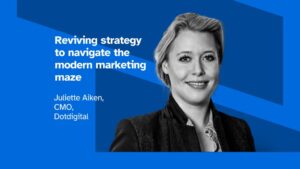by Kirsty Sharman, Founder, Referral Factory
With the various financial pressures facing businesses, there have been better times to be in marketing. Brands have tighter budgets and expect more for their money, yet the established marketing models are becoming less effective as consumers, bombarded with marketing materials from all directions, become less responsive. So, while marketing continues to be vital, agencies are having to rethink their approach to deliver the high-value returns demanded by their clients.
What’s gone wrong with marketing?
We’ve seen a succession of challenges for business. There was Covid and all the attendant disruption, the supply chain issues, the global talent shortage, the half-year recession, and now the ongoing cost-of-living crisis. All industry sectors have been impacted, and budgets everywhere have been significantly squeezed. For marketers, that means that there’s been far less cash to go around at a time when industry practices are changing.
With an increasingly saturated advertising market and the growing public awareness – and cynicism – of targeted advertising, marketing agencies are being forced into a change of tack. Only 30% of consumers trust the companies they do business with, meaning that the established marketing tactics are failing and that marketing agencies have a lot of ground to cover if they wish to deliver the kind of results their clients now expect. Consequently, we’re seeing a move away from banners, paid content, differentiation and pay per click and a move towards the leveraging of personalisation, promotions, and trust.
Which marketing approaches are delivering the best results in 2024?
Offers – There’s nothing new about using special offers to attract customers. Whether it’s promotions, freebies, discounts, loyalty programmes, or giveaways, special offers are a great way to gain attention and either bring in new customers or encourage existing customers to spend again. The difficulty can be in identifying the right format to deliver value to would-be customers within the relevant demographic. If a free gift lacks appeal or is poorly targeted, it’s not going to generate business for the brand and may in fact generate loss.
Personalisation – Technology is making personalisation easier than ever. And when you’re trying to encourage repeat business from existing customers, it can work incredibly well – in fact, McKinsey reports that ‘companies that excel at personalisation generate 40 percent more revenue from [marketing activities] than average’. And this can apply to targeted discounting or promoting products to existing customers. But for new customer acquisition, personalisation has its limitations. With increasing consumer awareness of targeting algorithms and the role of AI, personalisation can make would-be customers uncomfortable. So, while a ‘we saw you looking’ Facebook ad linking back to a browser search on another device may produce results, when misused, it can also be hugely off-putting.
Content upgrades – Content remains an essential aspect of organic traffic generation. It can be used to attract customers and to build brand image. But again, it must be done properly thanks to increasing competition. Low-competition keywords remain integral to being seen. But added to that, brands now need to deliver value, authority, and authenticity to be prioritised by search engines, which will mean a content overhaul and a new approach for many.
Referrals – 83% of consumers say they will not do business with brands they don’t trust. And that’s a significant hurdle for marketers because trust isn’t something you can buy. But it is something you can leverage, particularly when 84% of consumers say they trust peer recommendations above all other sources of advertising. Enter referral marketing. Again, this isn’t something new; it’s been around in many forms for decades, but for brands willing to put in the effort to create a referral programme – something that is quite easy with no code referral software – there’s a huge potential. For agencies this means the ability to track referrals and provide detailed analytics on referrer performance seamlessly, providing the information needed to build and hone the most effective referral programmes for clients.
76% of customers say that they are willing to refer a friend if they have had a good experience with a business, and referred leads are 2 times more likely to convert than leads acquired through paid marketing channels. This is why some of the world’s most successful startups – PayPal, Dropbox, Uber, Revolut – used referral marketing to build their customer bases and their business. Referrals can come from affiliates, influencers, or other trusted brands or sources. But none of them will deliver such strong results as referrals that come from family, friends and peers. With customers acquired through referrals having a 37% higher retention rate and a 16% higher lifetime value than non-referred customers, initiating a referral programme can deliver significant returns for a brand.
For marketing agencies, the challenges of 2024 have been two-fold. There’s both the economic climate and the evolving consumer environment. While businesses want more, consumers are giving less, and this has to be managed with minimal budgets and a completely new strategy. But there are opportunities out there; agencies just need to find a new approach, and trust, for many, will hold the key to success.












